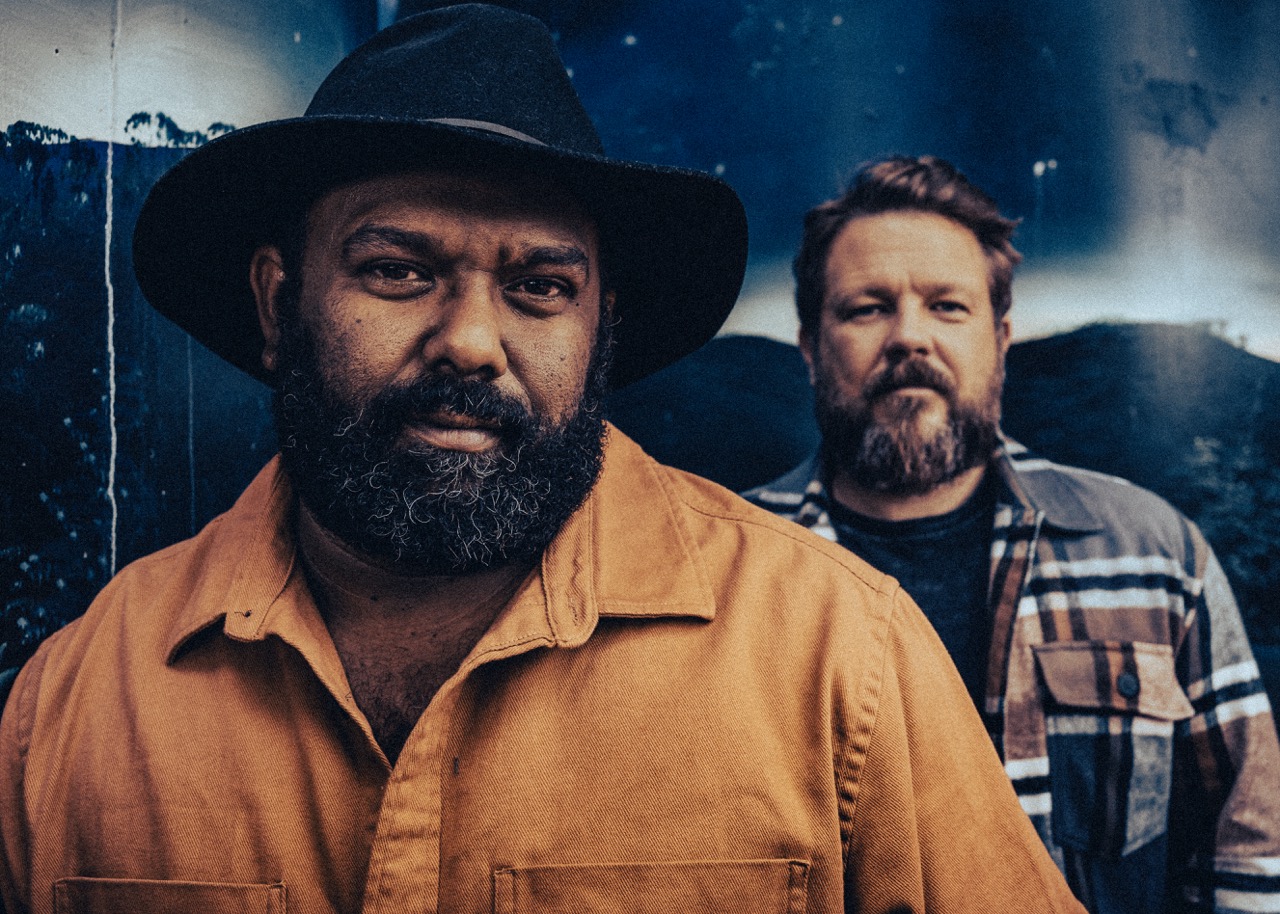Music rights organisation APRA AMCOS is calling on the Australian and New Zealand governments to implement EU-style transparency guides to tech companies to protect copyrighted works from AI.
APRA AMCOS unveiled results from the largest study of its kind, 'AI and Music', which shows the potential damaging impact AI can have on the music industry.
Leading industry figures leant their voices to the report including Bernard Fanning, Clare Bowditch, Jimmy Barnes, Kate Miller-Heidke, Missy Higgins, Peter Garrett, Tina Arena and Michelle Levings aka GLVES.
Ms Levings, a Lutruwita (Tasmanian) born, Kaurna (Adelaide) raised, and Meanjin (Brisbane) based Indigenous artist said there are pros and cons to using AI to help create music.
"AI can be used to help build a chord progression, help make a song come together or build out a song and figure things out with lyrics," Ms Levings said.
"In pop music, most chord progressions have been used many times over, that's nothing new, but based on different sounds and voices, you make it your own."
Ms Levings said the difference from a First Nations perspective is how to protect cultural music and cultural IP.
"For First Nations Mob, the risk is AI being used to make Aboriginal sounds, for example, it finds and takes didgeridoo sounds, and there's no way to appropriate it," she said.
"I can see AI being used in ways to discredit and capitalise on First Nations sounds and culture without having to employ First Nations artists to make a certain sound and that's not right."
The National Aboriginal and Torres Strait Islander Music Office (NATSIMO) surveyed Indigenous members with results showing 89 per cent believe AI has the potential to cause cultural appropriation, and 67 per cent agree that using AI in music creation makes it more difficult to protect their cultural rights.
Additionally, 83 per cent think it's important for the Guardians or Owners of Indigenous Cultural and Intellectual Property (ICIP) to be able to handle copyright violations by AI.
NATSIMO Director Leah Flanagan said the rise of AI technology poses significant threats to the cultural and economic wellbeing of all Indigenous communities.
"Government focus has addressed unauthorised use of ICIP in arts and crafts, particularly in mass produced items, but it's crucial that this focus urgently expands to encompass all fields of Aboriginal and Torres Strait Island cultural creation," Ms Flanagan said.

Jeremy Marou from the award-winning duo Busby Marou said he can't help but feel that in ten years' time, AI use in music will be as commonplace as using a calculator in a maths class.
"Absolutely, I think the government should put some regulations in place to protect copyright from AI," said Torres Strait Islander, Mr Marou.
"One would hope that AI doesn't control where genres lead, for example, from country and western to country rock, country rap, and the like."
In May and June this year, more than 4,200 APRA AMCOS members including songwriters, composers and music publishers in Australia, New Zealand and overseas responded to the survey conducted by Berlin-based consultation and research group, Goldmedia GmbH.
The overwhelming majority of respondents (97 per cent) want credit, transparency, consent and fair remuneration when their work is used in any context of Gen AI in music.
They demand policymakers pay more attention to the challenges related to AI and copyright and stress the importance of clear rules and regulations for the use of copyrighted works.
The report's economic findings show that by 2028, 23 per cent of music creators' revenues will be at risk due to generative AI, an estimated cumulative total damage of over half a billion dollars (AUD$519 million).
To date, there is no remuneration system that closes the AI-generated financial gap for music creators.
